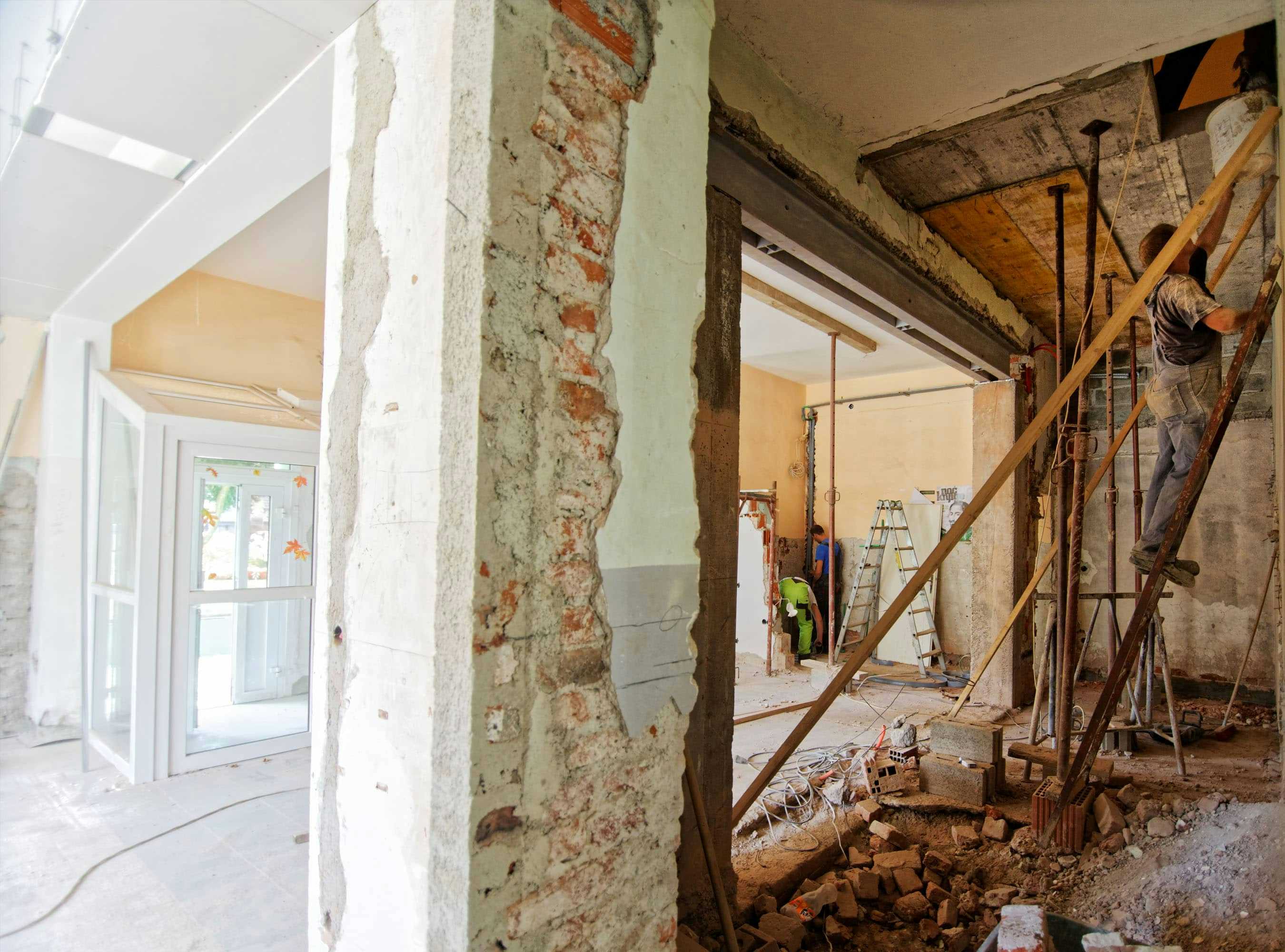Court: Court of Appeals of Texas. Tenth District, WacoJurisdiction: FederalCase Name: Royce Homes, L.P. v. NeelCitation: 2005 Tex. App. LEXIS 1514
Facts
The plaintiffs purchased a home built by the appellants and moved in ahead of completion. Upon moving in, they found many construction defects in the house, which the appellants were not able to repair, even after sending multiple repairers and offering multiple assurances. The plaintiffs filed a suit against the appellants alleging various DTPA violations and retained an expert in construction defects to calculate the cost of repairs. A jury found the appellants guilty of engaging in a false, misleading, or deceptive act, and awarded the defendants $40,000 for repair costs.
The appellants appealed against the jury decision, arguing that the construction defect expert’s testimony was not admissible because his methodology was unreliable. They argued his valuation of the cost of repairs would not help the jury determine the extent of the damages.
The Construction Defect Expert
The construction defect expert had 30+ years of experience in the construction business. He had performed work for subcontractors, designed and built homes, and remodeled existing homes. At one time, he owned a company that specialized in building homes. His self-proclaimed area of expertise was providing cost estimates and pricing guides. He declared that he was usually accurate within 5% of the actual cost to the consumer and that this qualified him as an expert on the matter.
Discussion
The court noted that the expert’s methodology was unreliable because “he took no measurements or calculations in determining the estimates for the cost of repairs.” Rather, the expert had relied on a visual inspection to arrive at his conclusions. The court also added that the construction defect expert took no notes or measurements. In estimating the costs to repair the foundation, he did not measure the elevation of the slab. He did not count the number of rafters that would be required to be added to the attic or determine the square feet of sheetrock that would have to be replaced.
Yet, upon cross examination, he admitted that the proper methodology when bidding a construction job involves measuring the area or taking measurements from the plans and specifications of a house and using these measurements to estimate the amount of material and labor required for a project. He further admitted that an estimate for a remodeling job involved knowing the scope of the work, the sizes and dimensions, and how much material to order. These reasons rendered his methodology unreliable as per the opinion of the court.
The plaintiffs argued that even if the construction defect expert’s opinion was unreliable, his total repair cost calculations would assist a jury in determining costs because he based his opinions on the reports of a structural inspector. Furthermore, it was argued that the witness whose notes the construction defect expert had used had not been called up as an expert. The court rejected this argument because the inspector had also admitted that he had arrived at the figures without considering any specific estimate of labor and material costs, time for repair, or measurements.
Held
The court reversed the jury decision and rendered a take-nothing judgment in favor of the appellant because the plaintiffs had failed to present any evidence of reasonable and necessary repair costs.
About the author
Zach Barreto
Zach Barreto is a distinguished professional in the legal industry, currently serving as the Senior Vice President of Research at the Expert Institute. With a deep understanding of a broad range of legal practice areas, Zach's expertise encompasses personal injury, medical malpractice, mass torts, defective products, and many other sectors. His skills are particularly evident in handling complex litigation matters, including high-profile cases like the Opioids litigation, NFL Concussion Litigation, California Wildfires, 3M earplugs, Elmiron, Transvaginal Mesh, NFL Concussion Litigation, Roundup, Camp Lejeune, Hernia Mesh, IVC filters, Paraquat, Paragard, Talcum Powder, Zantac, and many others.
Under his leadership, the Expert Institute’s research team has expanded impressively from a single member to a robust team of 100 professionals over the last decade. This growth reflects his ability to navigate the intricate and demanding landscape of legal research and expert recruitment effectively. Zach has been instrumental in working on nationally significant litigation matters, including cases involving pharmaceuticals, medical devices, toxic chemical exposure, and wrongful death, among others.
At the Expert Institute, Zach is responsible for managing all aspects of the research department and developing strategic institutional relationships. He plays a key role in equipping attorneys for success through expert consulting, case management, strategic research, and expert due diligence provided by the Institute’s cloud-based legal services platform, Expert iQ.
Educationally, Zach holds a Bachelor's degree in Political Science and European History from Vanderbilt University.



